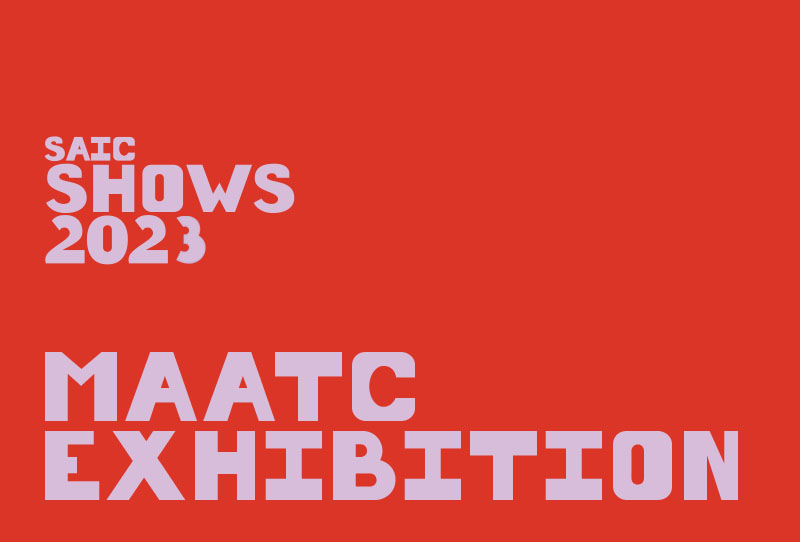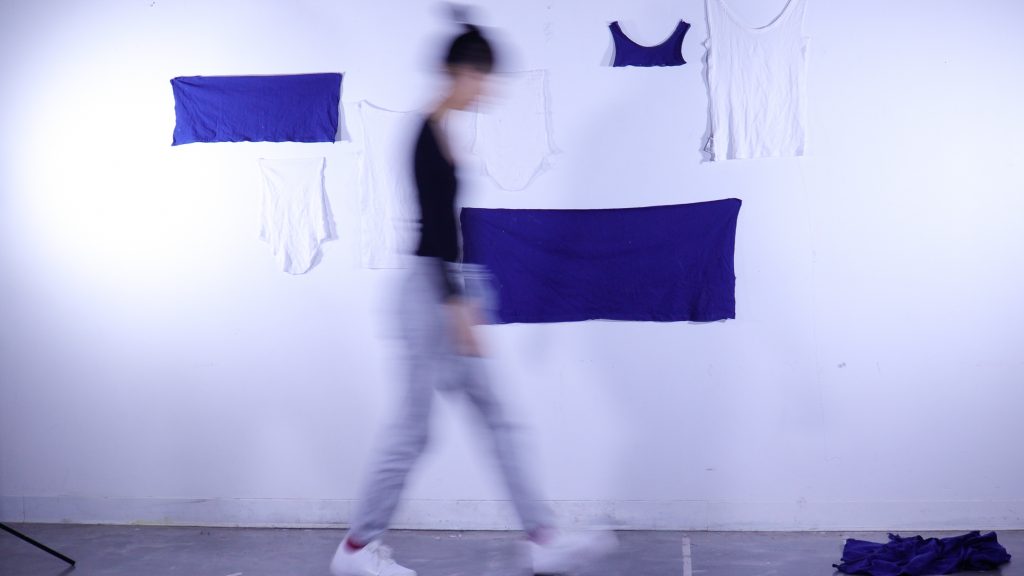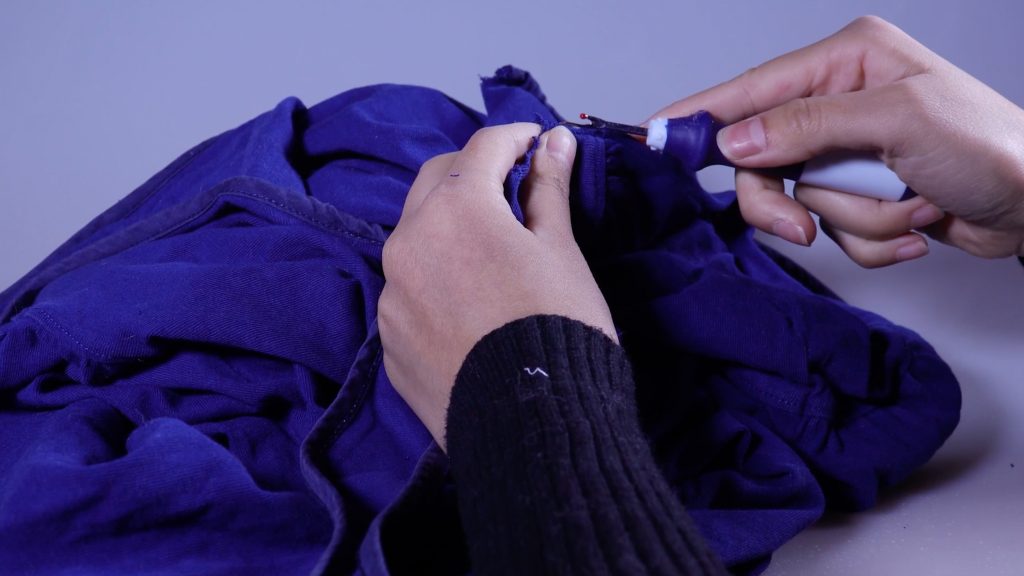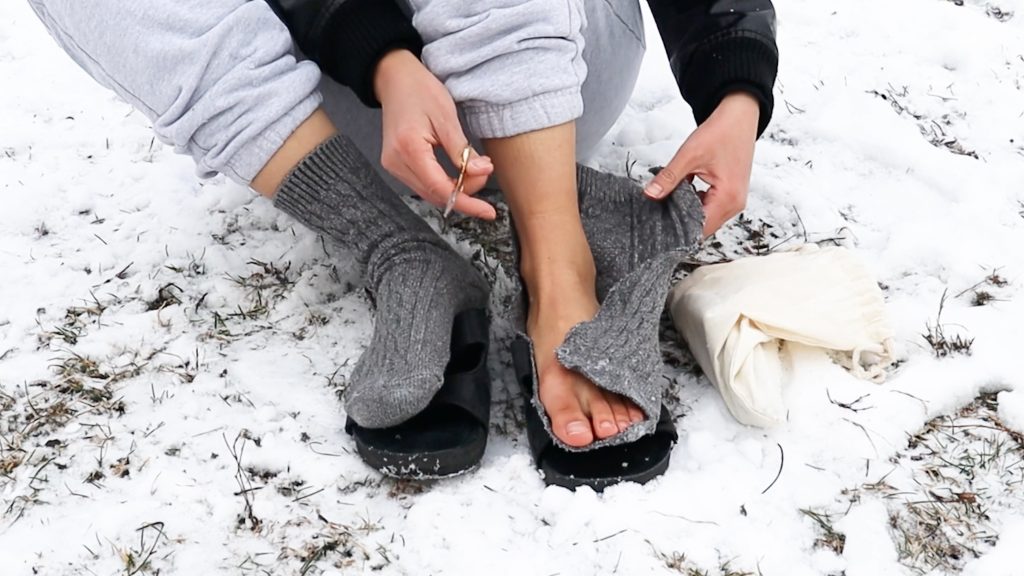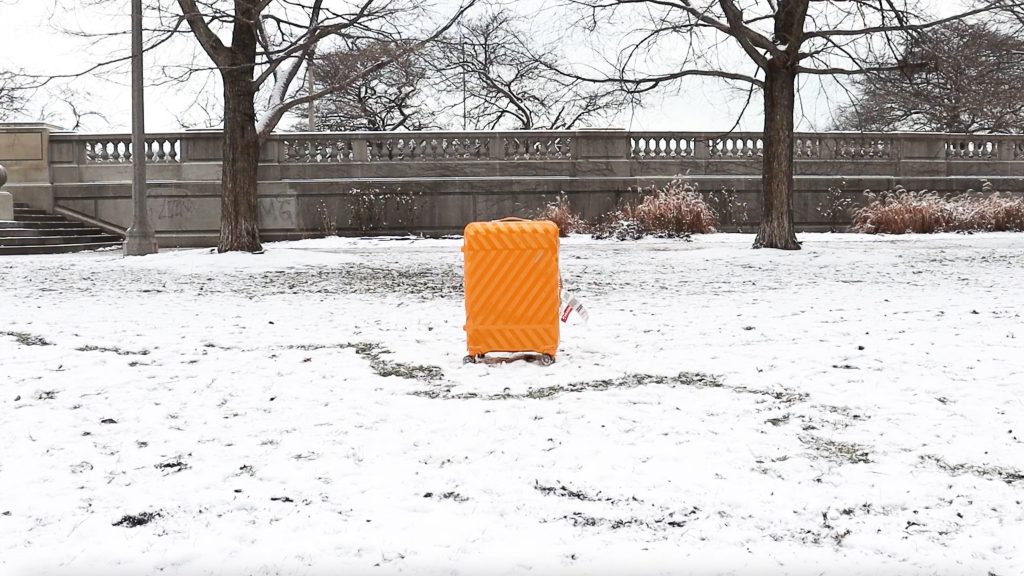Dori Hsin-Ju Tung is a Taiwanese artist, emerging art therapist, student, and researcher based in Chicago, Illinois. She earned her BA in sociology and minor in educational psychology from McGill University in 2019 before continuing her education in the MAATC program at the School of the Art Institute of Chicago. Hsin-Ju is currently working as an art therapy and behavioral health intern at Asian Human Services. Previously, she interned at Envision Unlimited, providing group art therapy to adults with intellectual and developmental disabilities.
By using interdisciplinary mediums such as textiles, photography, performance and natural dyes, I explore how individual understandings inform social interactions through found objects and home-based materials. In other words, I have been curious about the ways in which we navigate the shifts in external contexts through studying the internal, and vice versa. I like tension that creates intimacy between the inside and outside. Through my artwork, I try to bring the inside out and the outside in, hoping that they can meet each other.
I like to explore those already-existing relationships that are not easily distinguished, hoping to make even the most mundane ones shine. Utilizing existing relationships and objects to create something new, my works examine the collaboration, challenges, paradoxes, and conflicts in socio-cultural contexts. I use domestic objects to express my desire to be challenged, to find comfort, and to stay within the status quo. It’s a work of self-dialogue to question, hoping to know or to never know.
The collaborative art project “The Fitting Room” is a research workshop that intends to explore how East Asian/American (meaning East Asian or East Asian-American) women navigate their race and gender identities through their choice of garments in the United States. This art-making workshop is designed to prompt discussion around the interplay of race, gender, and culture from the perspectives of East Asian/American women, including the underlying origins and impact of racialized femininity on East Asian/Americans. Workshop artists create their own artworks and display them in the MAATC (Master of Arts in Art Therapy and Counseling) show collaboratively in their assigned spaces. There is an interactive wall space to invite all exhibition attendees to utilize garments to tell a story about themselves.
“Adulting” in North America provides glimpses of significant moments in my life that have shaped the way I construct my experience as a Taiwanese student, artist, and aspiring art therapist in North America. I utilize garments as archives of memory to process my body image development and transnational experiences. By deconstructing my clothes, I ask questions about my East-Asian-defined characteristics and how they influence individual and collective understandings of race and gender.
